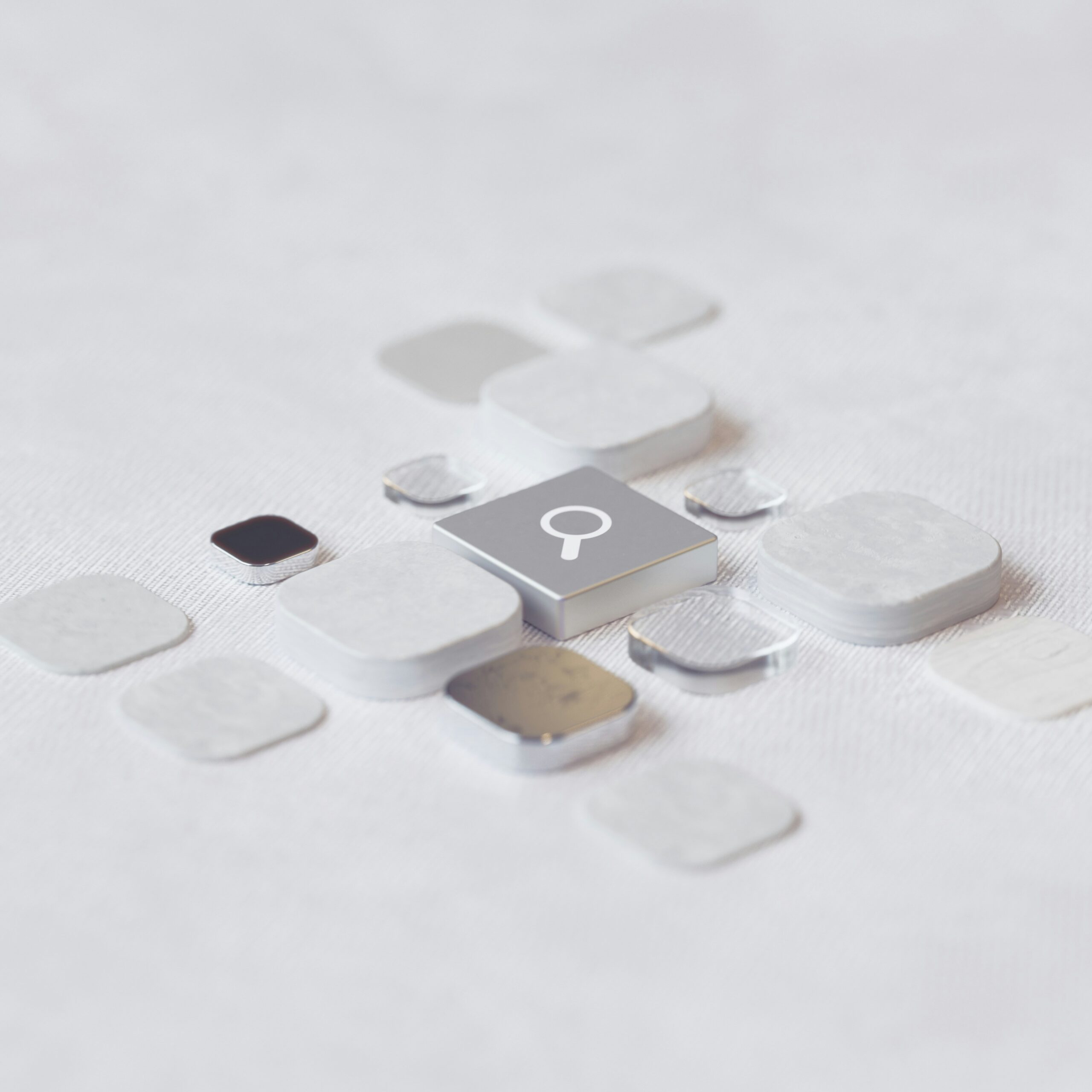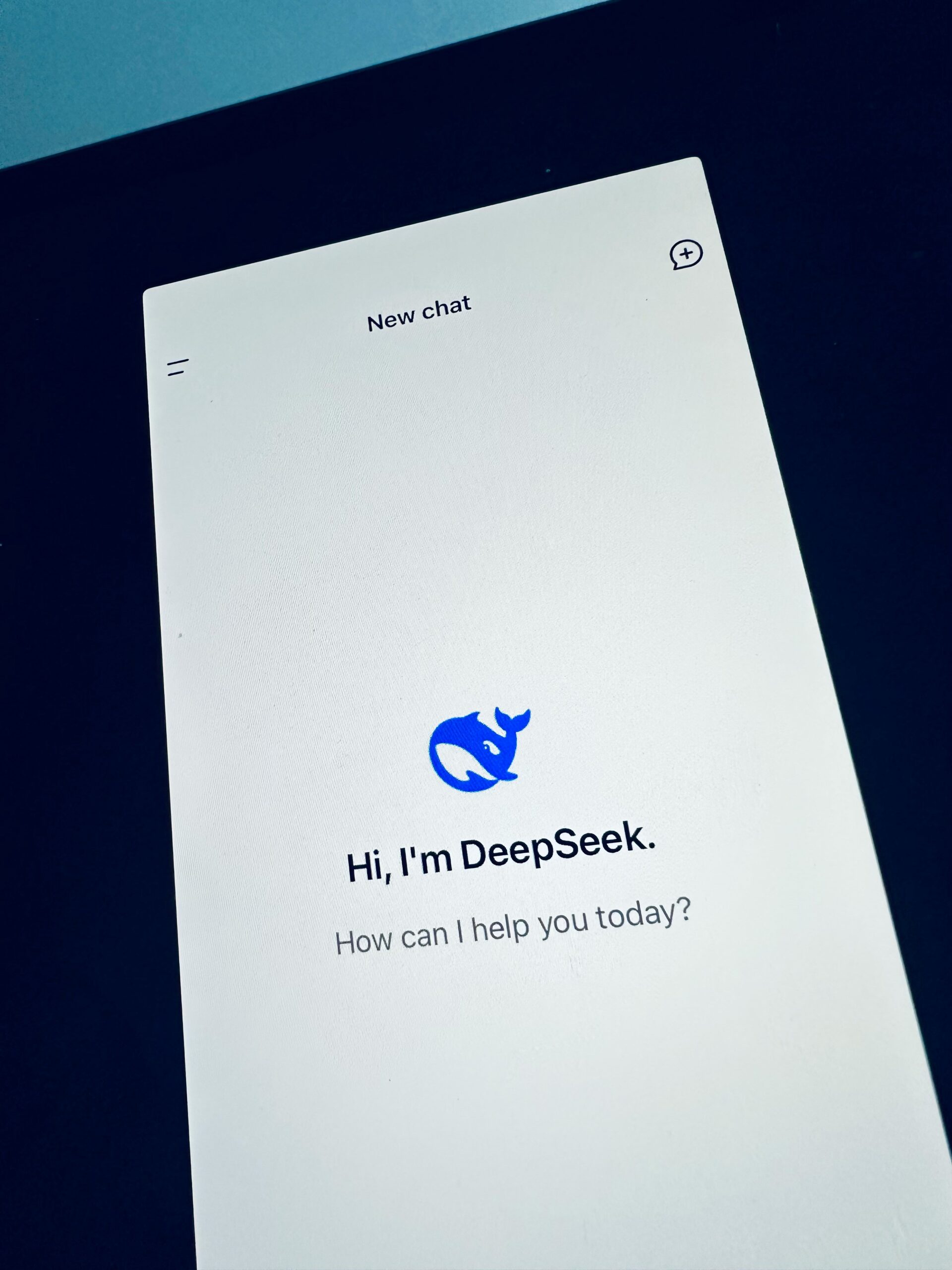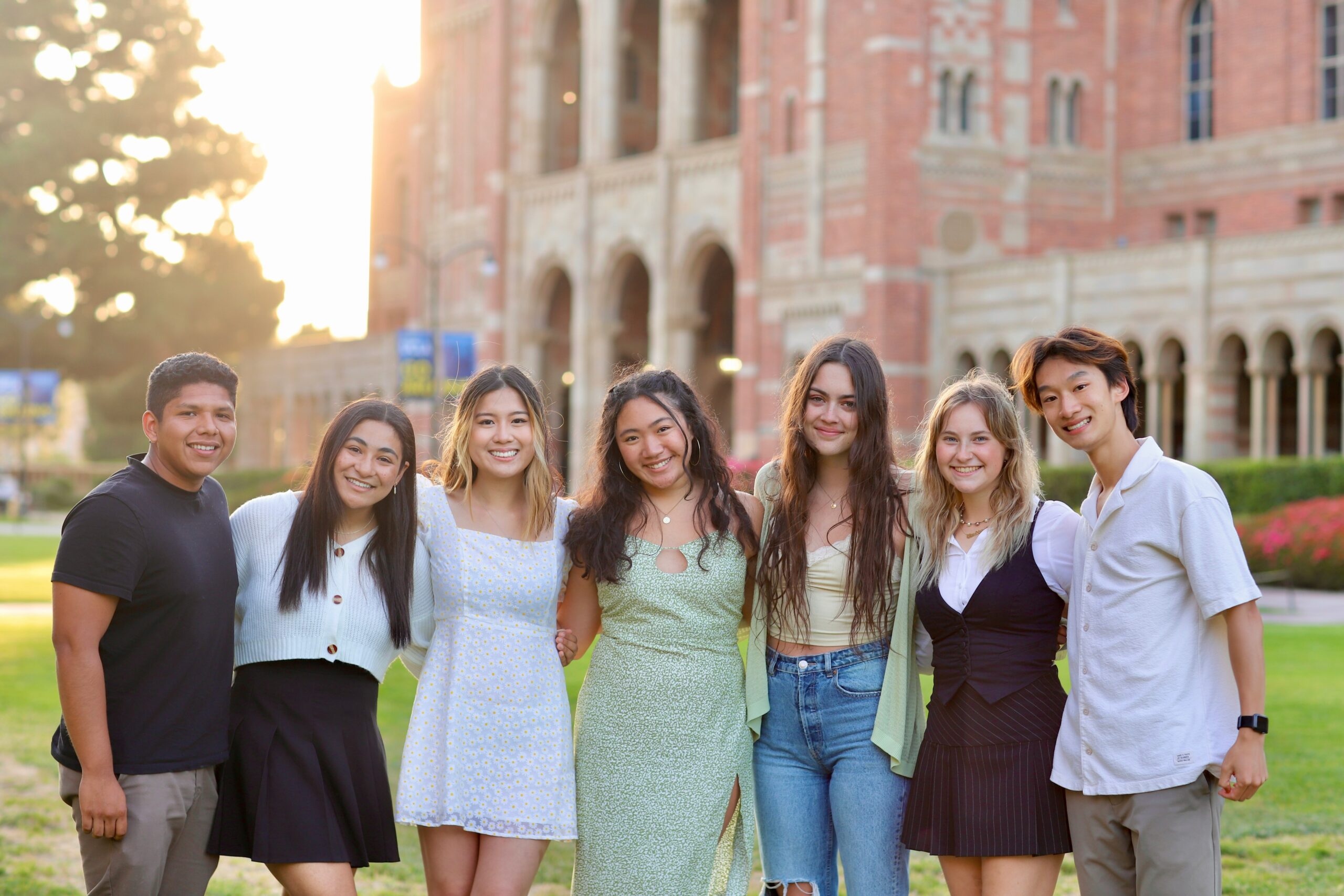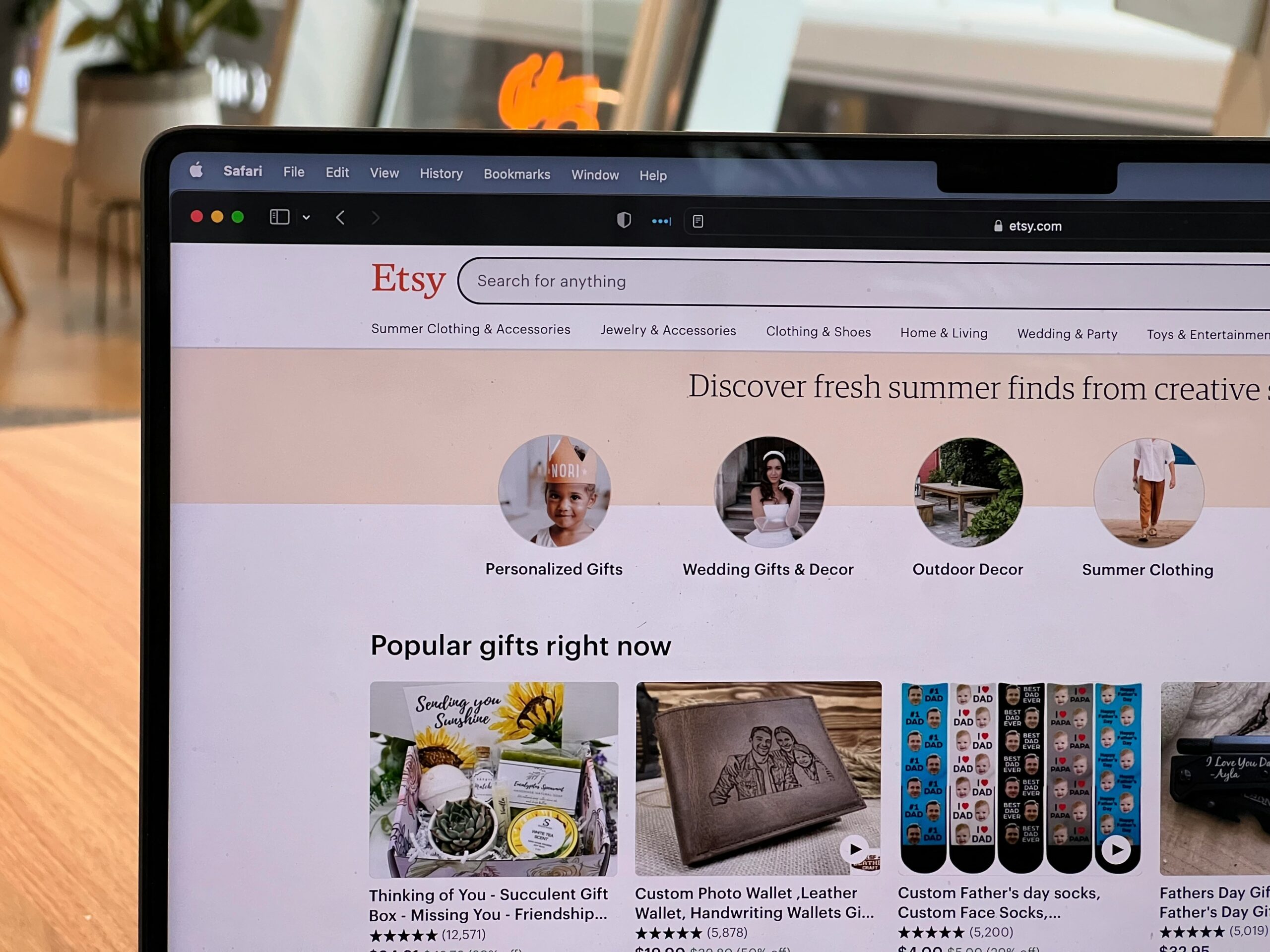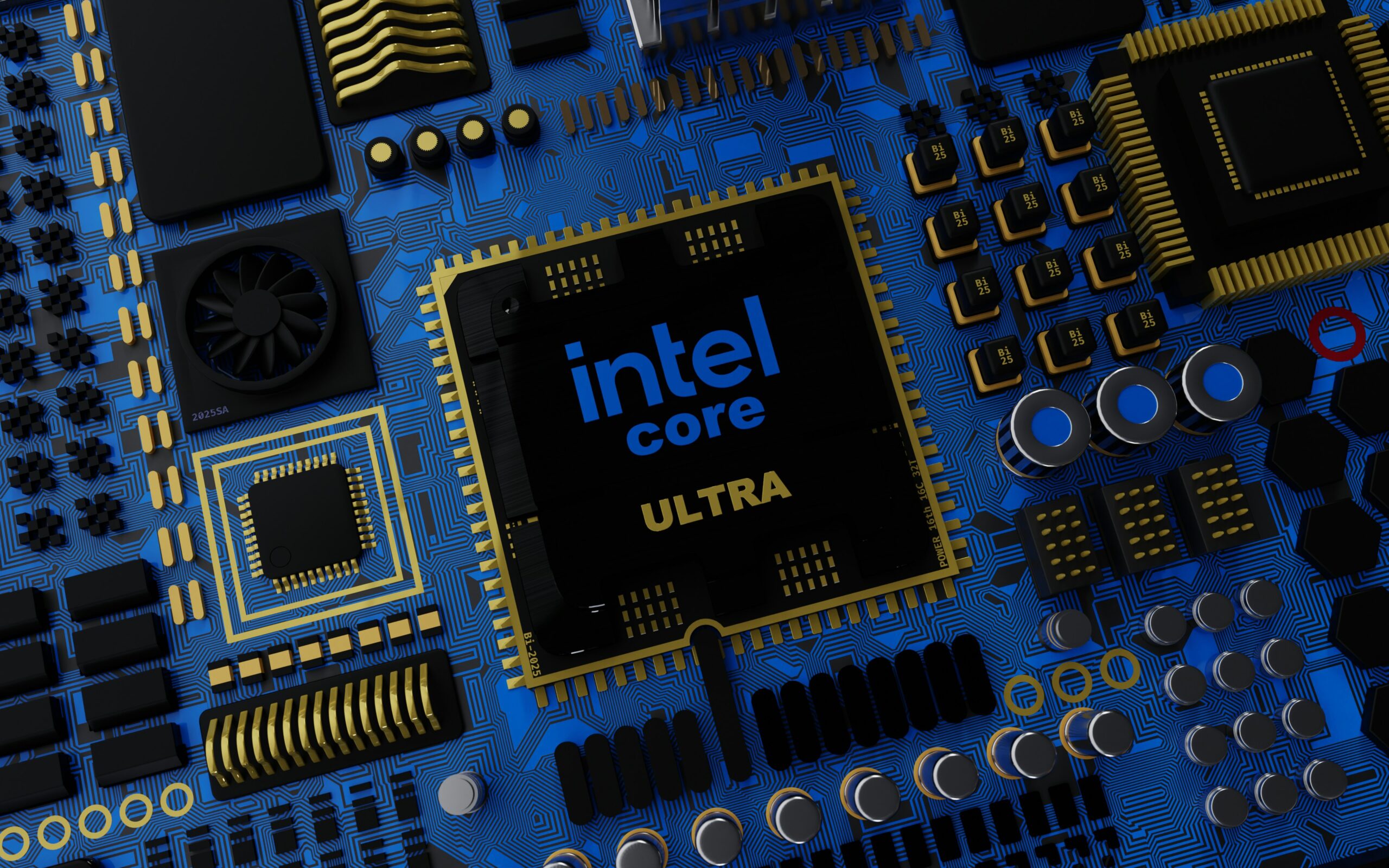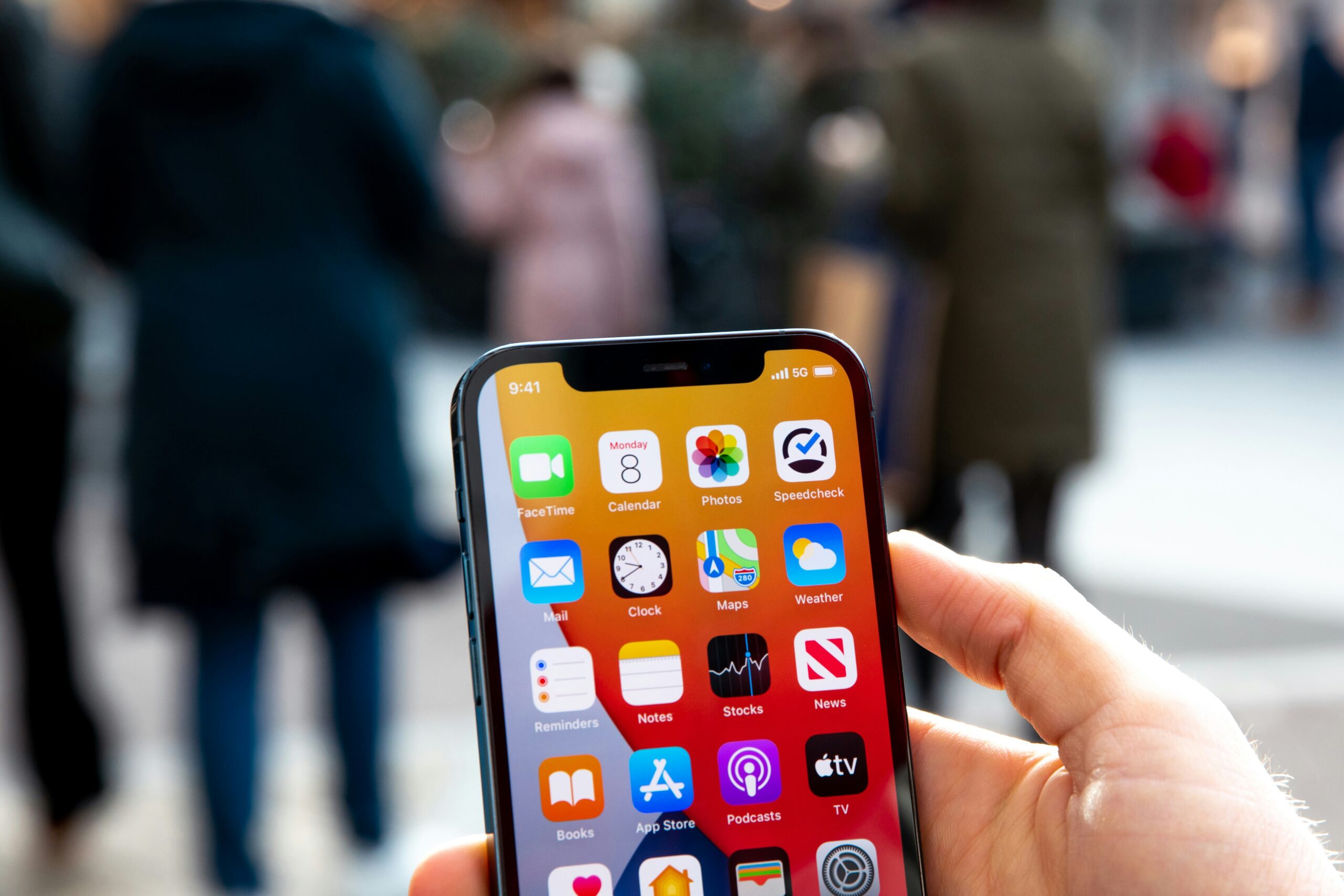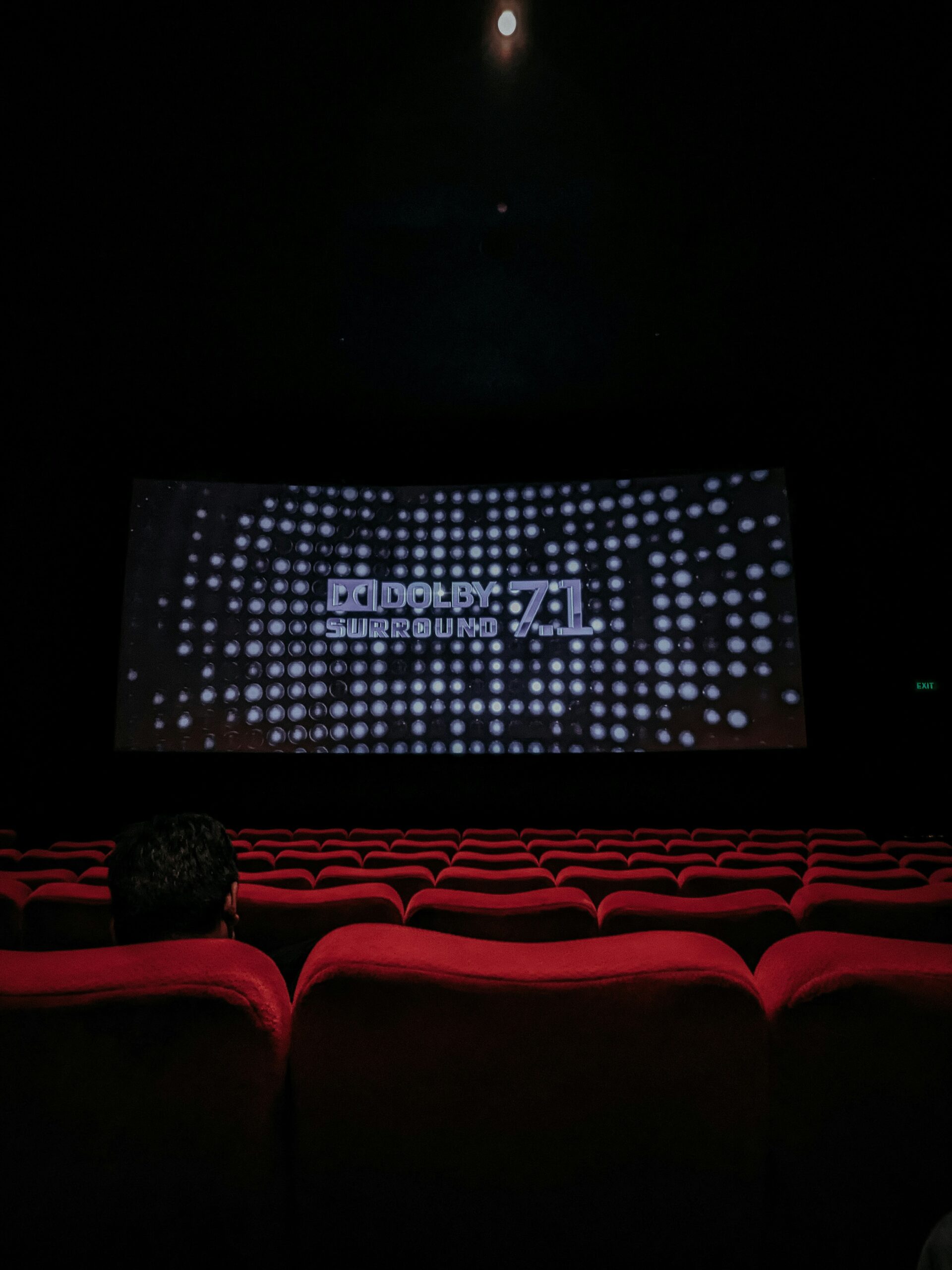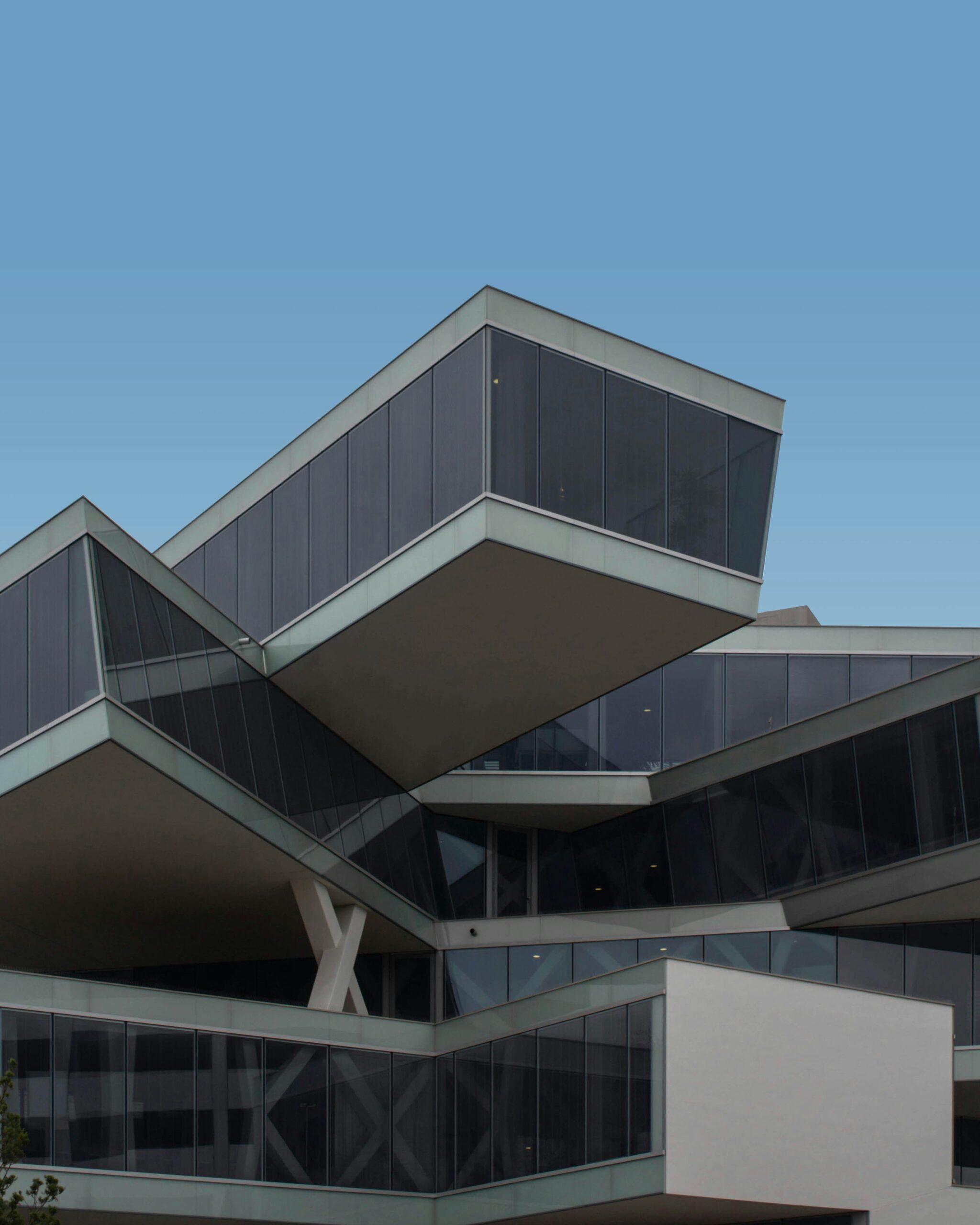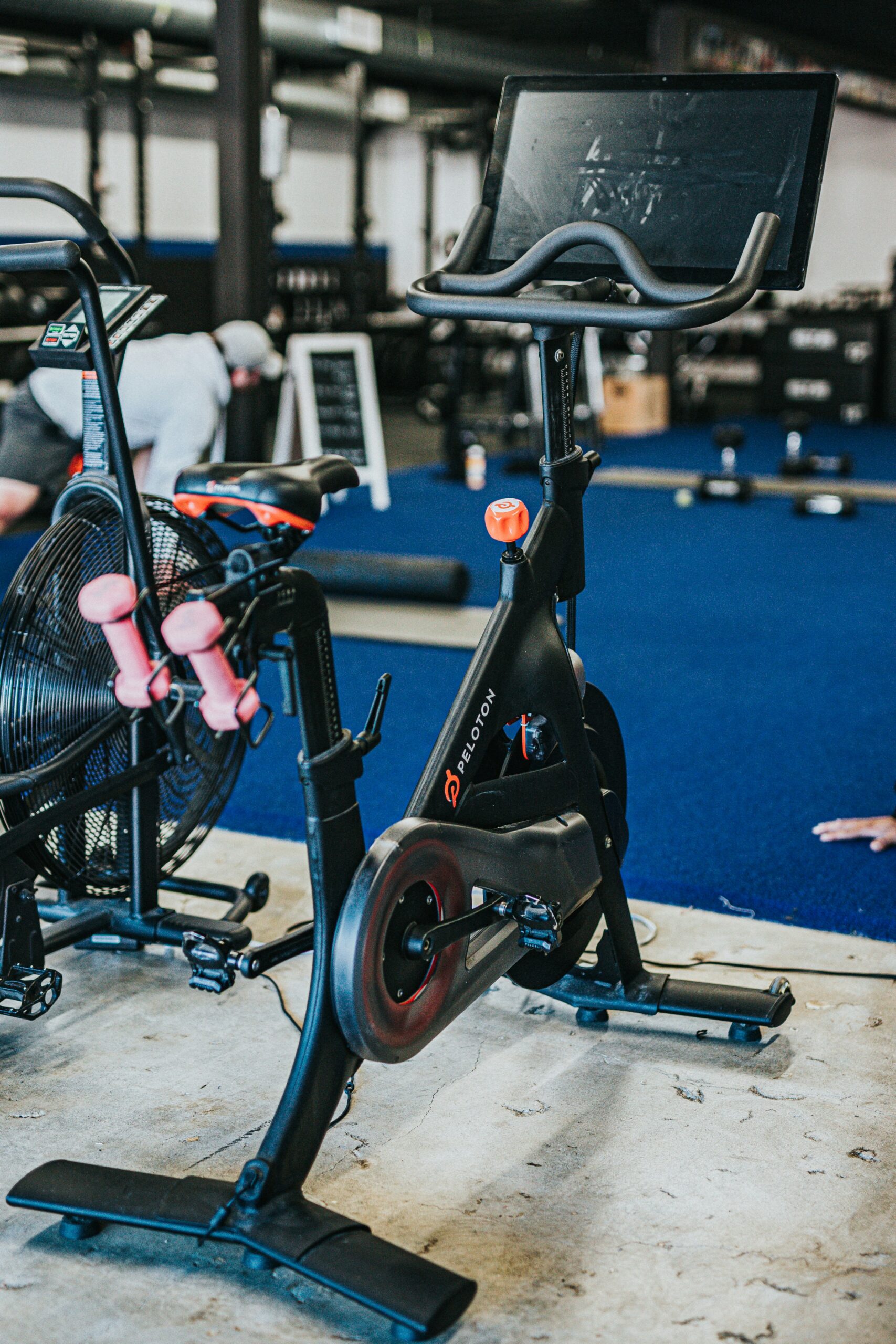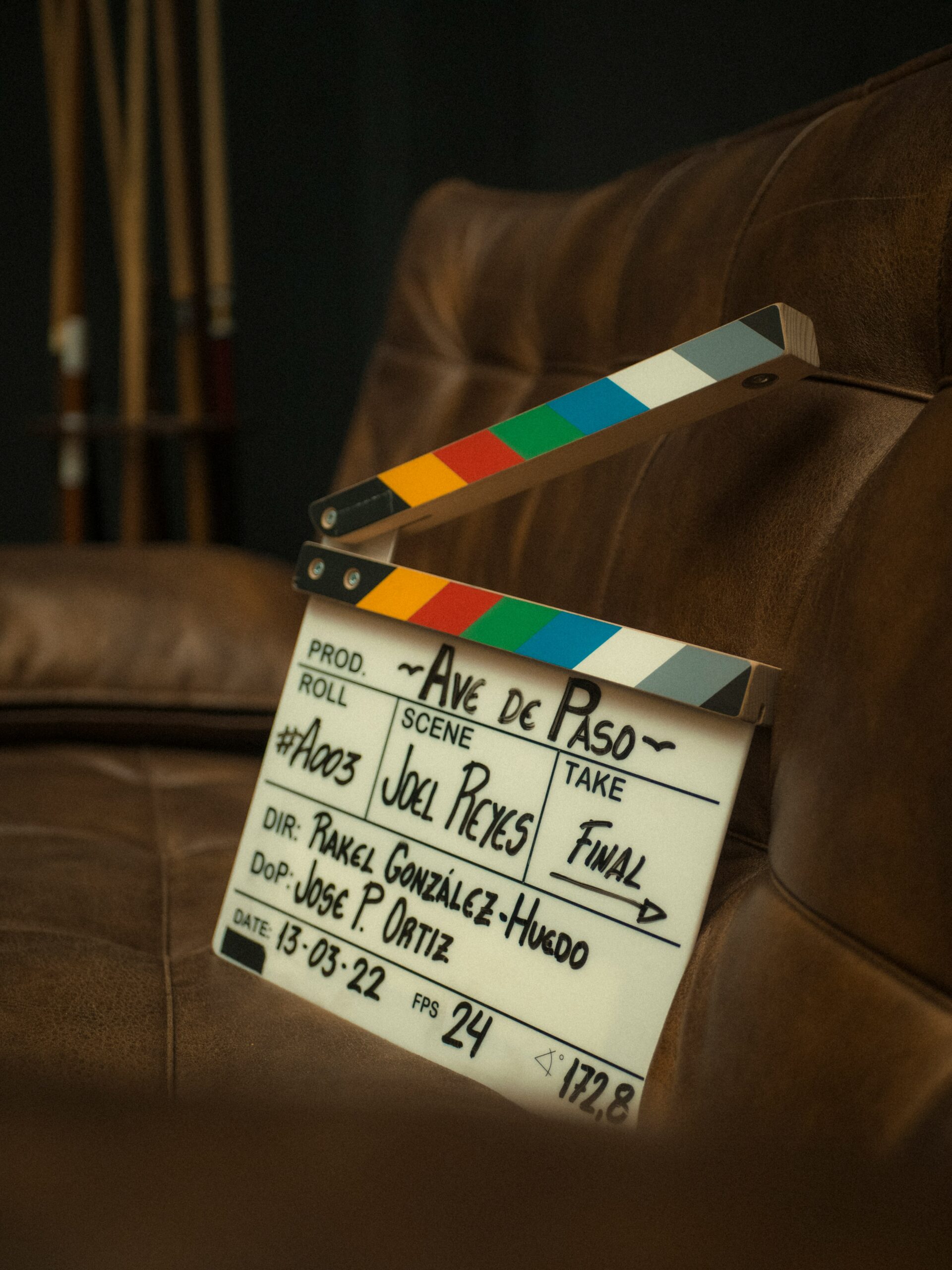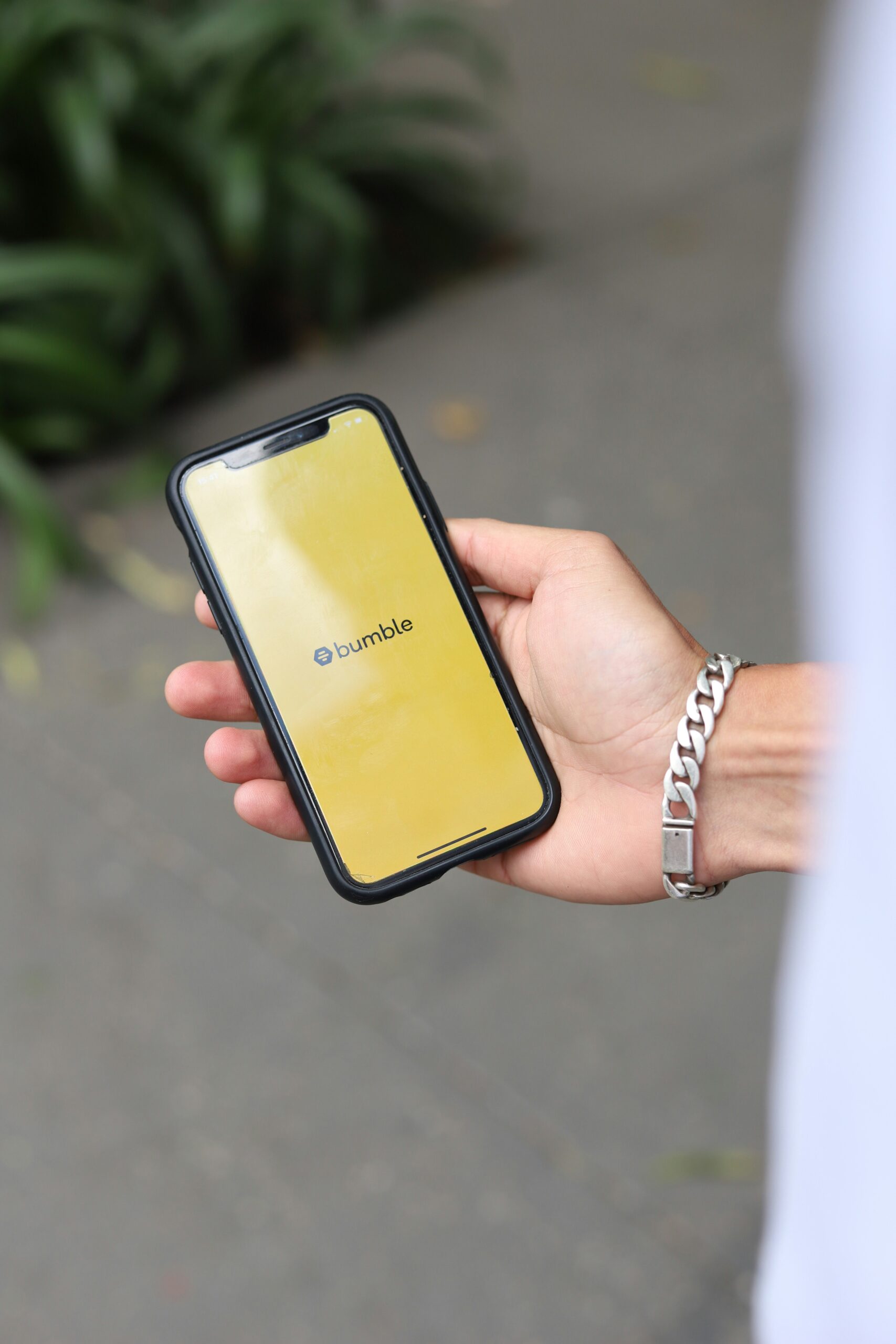Image credit: Unsplash
Zoom CEO Eric Yuan aims to eliminate the need for humans to attend meetings through the creation of AI digital clones. This groundbreaking concept, known as “digital-twin technology,” proposes that artificial intelligence versions of individuals could handle time-consuming tasks such as attending meetings, participating in discussions, and even making decisions on their behalf.
“I can send a digital version of myself to join so I can go to the beach,” Yuan remarked to The Verge, encapsulating the potential freedom this technology could offer. A “digital twin” essentially functions as a deepfake version of oneself, designed to perform routine work tasks autonomously.
The 54-year-old CEO, alongside his team at the video conferencing giant, is exploring ways to harness AI to fully automate these aspects of the workday. Yuan highlights the significant amount of time currently spent on various mundane tasks: “Today we all spend a lot of time either making phone calls, joining meetings, sending emails, deleting some spam emails, and replying to some text messages.”
By integrating AI, Yuan envisions a substantial shift in how work is managed, potentially leading to improved work-life balance and even a shorter work week. “You do not need to spend so much time [in meetings]. You do not have to have five or six Zoom calls every day. You can leverage the AI to do that,” he said.
This vision extends beyond mere convenience. Yuan believes that allowing AI to handle the “boring” parts of work could free up time for more in-person interactions and creative pursuits. “You and I can have more time to have more in-person interactions, but maybe not for work. Maybe for something else. Why do we need to work five days a week? Down the road, four days or three days,” he suggested.
While the idea is enticing, Yuan acknowledges the current limitations of AI technology. “I think for now, the number one thing is AI is not there yet, and that still will take some time,” he admitted. “Let’s assume, fast-forward five or six years, that AI is ready. AI probably can help for maybe 90% of the work, but in terms of real-time interaction, today, you and I are talking online.”
Despite the potential of AI, Yuan stressed the irreplaceable value of face-to-face interactions. “If I stop by your office, let’s say I give you a hug, you shake my hand, right? I think AI cannot replace that. We still need to have in-person interaction,” he said. This sentiment was further illustrated by the intimate nature of conversations that AI cannot replicate, such as those held over coffee at a local Starbucks.
The concept of digital twins is not entirely new. Holistic health advocate Deepak Chopra, 77, is among those who have already created digital clones of themselves. Delphi, promoted as the world’s first digital cloning platform, utilizes data from various content sources to develop a clone that mimics the user’s thoughts and speech. Remarkably, it can take as little as one hour to create a clone.
In Japan, Alt.AI has developed video clones so lifelike they exhibit impatience when not promptly responded to via chat. Meanwhile, Coachvox AI offers digital clones that provide life and business coaching based on the real person’s philosophies and advice.
Yuan’s vision for Zoom represents a significant leap towards a future where AI could fundamentally transform our work environments, offering unprecedented flexibility and efficiency. However, the journey towards this reality is still in its early stages, with much development required before digital twins can fully integrate into our daily professional lives.

































































